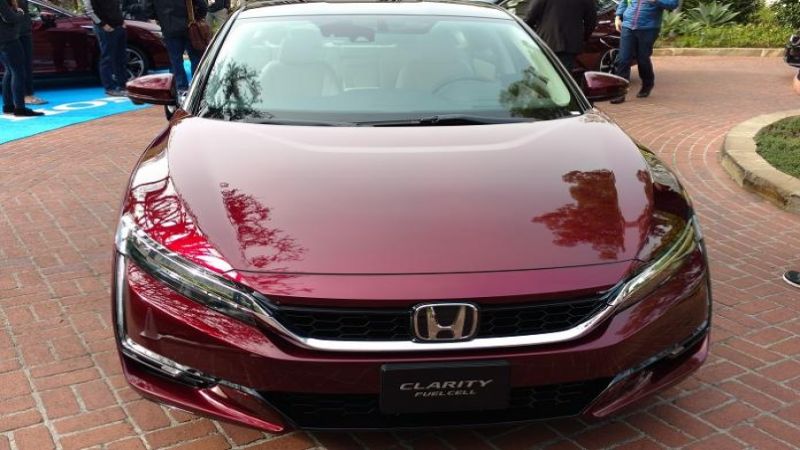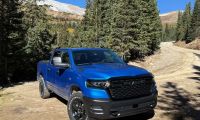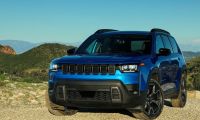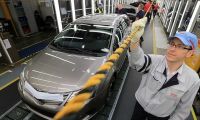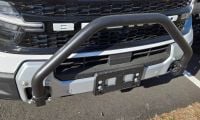According to Honda News: Equilon Enterprises LLC, a subsidiary of the Shell Oil Company, has received a grant from the California Energy Commission to be applied to the construction of an additional 7 compressed hydrogen gas refueling stations in Northern California. T
o date, Honda Motor Company and Toyota lead the California automotive market in FCEV ( fuel cell electric vehicles) production. However, every major manufacturer selling in the California market has either produced a fuel cell vehicle for lease, has a concept car in the making. or on the virtual drafting board.
I believe that due to the raw material source of compressed hydrogen (natural gas) linked to Big Oil, compressed hydrogen fuel generated electricity is the least path of corporate resistance to mass market viable ZERO emissions vehicles. There appears to be some forward momentum in FCEV development and subsequent marketing as mainstream truck manufacturing, Mercedes Benz, and other makers, embrace hydrogen fuel cell co generation electric vehicles -- so much for depending on the plug.
Expanding nitrogen fueling infrastructure is a step toward mainstream auto market viability
Equilon Enterprises has committed to building 7 new fueling depots in Northern California. They’re going where the money is: Three in the city of San Francisco, and one each in Berkeley, Sacramento, Citrus Heights and Walnut Creek. I’ve driven several hundred miles behind the wheel of Honda Clarity, and find this electric vehicle to be a superior drive and ride experience.
Reading between the lines of Honda’s announcement: Currently, the development cost per station exceeds $2,000,000. I do know that Honda and Toyota subsidize the pump cost of compressed hydrogen fuel to FCEV lessees. According to Honda’s Steve Center and others, it will take continued expansion of the fueling infrastructure on the West and East Coast, as well as subsequent increase in customer lease commitment to drive the costs down; making hydrogen fuel cell electric vehicles market viable.
Photo attributions Parks R. McCants 2017
Set Torque News as Preferred Source on Google


